COLUMN: The heart of Sodexo is its employees
Rob Johnson, a Loyola-Sodexo employee, shares his experience working for the company at the Catholic Social Teach-In on Nov. 17th.
December 5, 2022
Many of us eat in the Orleans Room. Whether it’s a quick bite before class, a free meal with a friend or an all-you-can-eat-buffet after a long day, the OR is the place to go if you live on campus.
We walk in eagerly to swipe our IDs and are greeted with a warm smile and dim lighting before going to the grill for our usual burger and fries. We load our parchment-lined metal trays with the specialty fries of the day and head for the condiment station.
But have you ever looked up at the framed faces of Sodexo employees beneath the gigantic “meet the team” signage while getting your condiment of choice? Have you ever wondered how one’s photo makes it into the gold-trimmed borders of recognition?
It’s simple: by being a part of the Loyola Dining “management” team.
Meanwhile, the faces we consistently see on campus are the ones who are saying “thank you, baby” as we swipe our IDs, handing us tightly-wrapped Subway sandwiches, or carefully crafting made-to-order pasta bowls for us. We see their smiles floating around the OR and the Danna Center food court, yet we don’t see their faces represented anywhere else.
These are people who have dedicated themselves to serving us for over a decade. Where are their framed photographs? Are they not a part of the team?
I have been a Loyola-Sodexo employee since October of 2021; you’ve probably seen me behind the counter at The Market or making mediocre sandwiches at Subway. People often ask me if I like my job, and I do. I genuinely love my job. I love my coworkers, and I love getting to serve my peers.
But that’s not to say that it’s not hard. I am a full-time student, and I work two other jobs to afford tuition and living expenses.
Some days, I rush out of class with only half an hour to eat and change into my uniform before frantically starting my shift during the daily lunch rush. Other days, I’m unable to complete basic tasks, like laundry or grocery shopping, because I’m getting caught up on homework before work.
There are no days off for me. If I’m not in class or doing schoolwork, I’m still working. And the time I’m not working, I’m desperately trying to get enough sleep to be able to keep working.
But it feels as if there aren’t enough hours in the day. I’m tired all the time. I’m writing papers and doing assignments and somehow, still remembering the Subway menu, like the back of my hand.
I’ve become accustomed to the struggle. I’ve become content with never getting enough sleep, never seeing my friends, never being fully caught up on assignments, never being fully present in class or at work.
However, this is nothing compared to my coworkers who have been employed far longer and who have families to raise with the same wages as me.
Samantha Henry, a mother of three, who’s been a Loyola-Sodexo employee for five years can barely make ends meet and has to work a secondary job on her days off to get by.
Rob Johnson, who has been working in the OR for a year now, must work overtime in order to pay for necessities.
“I also feel the need to work overtime because we are understaffed, and I want students to be able to eat and the operation to run smoothly,” he said.
These are just two people of Loyola-Sodexo who work tirelessly for our community, but that’s not the only commonality between the two of them. Both Henry and Johnson are Black, as are many of the employees who serve our campus.
Loyola-Sodexo is just one example of a company with an employee base that is majority Black with full-time employees making less than $25,000 per year.
Sodexo needs to do better. Loyola needs to do better. But beyond them, our country needs to do better.
Black people hold the highest share of those who are paid the minimum wage amongst people of color in the U.S., and the current federal minimum wage only perpetuates poverty amongst minorities.
These systemic issues of racism will take time to dismantle, but companies like Sodexo – who earned a worldwide revenue of approximately 21 billion euros in 2022 – need to be held accountable.
They need to be held accountable for the 422,000 employees that show up every day to work for a company and a system that is working against them. They need to be held accountable for those who have dedicated their lives to this industry, for those who are trying to pay for college, for those who are just trying to take care of their families.
This is why we need a union.
We need a union, so student workers, like me, can focus on getting their education, not scrambling to scrape up enough money for tuition every month.
We need a union because behind every billion dollar company that perpetuates a racist, classist system, are people like Henry and Johnson, and even more people who serve us whose names we don’t even know.
They deserve better. Their names should be known, and their work should be appreciated. They deserve a wall of fame. They deserve a livable wage. And both of these are the bare minimum.


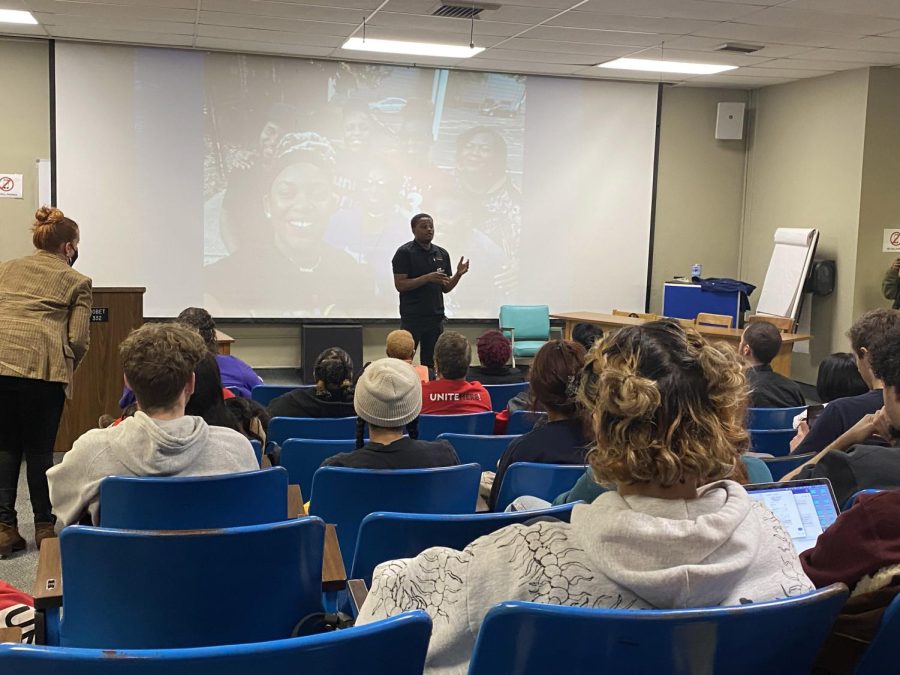







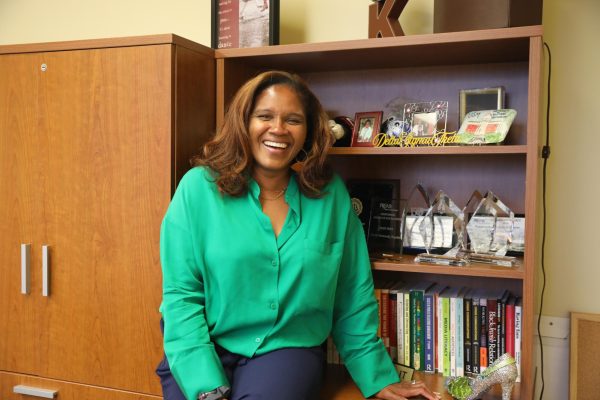
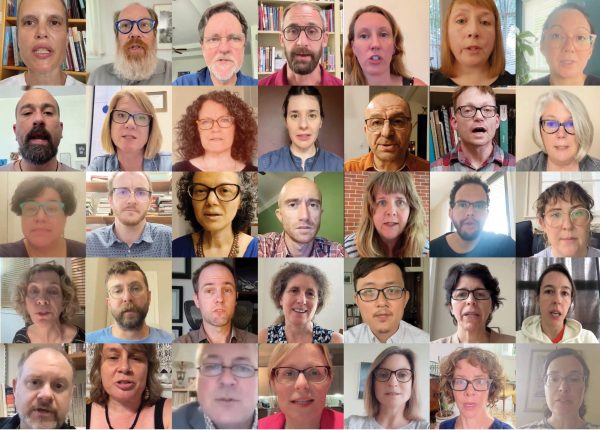
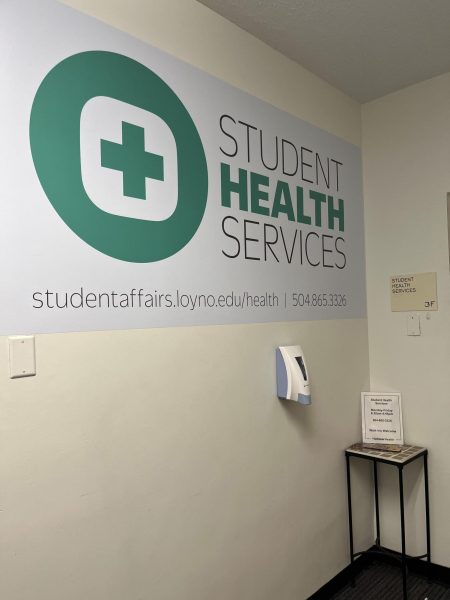
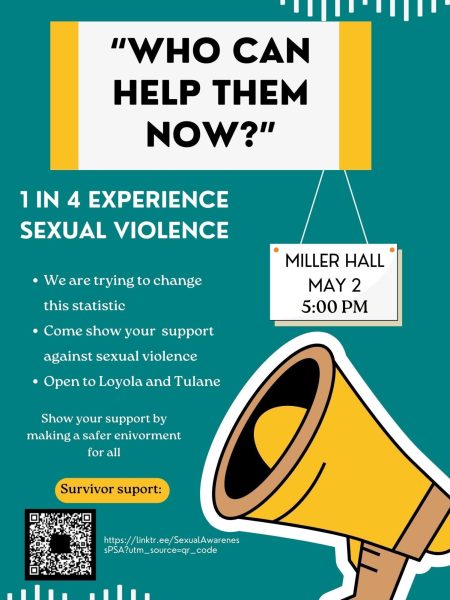
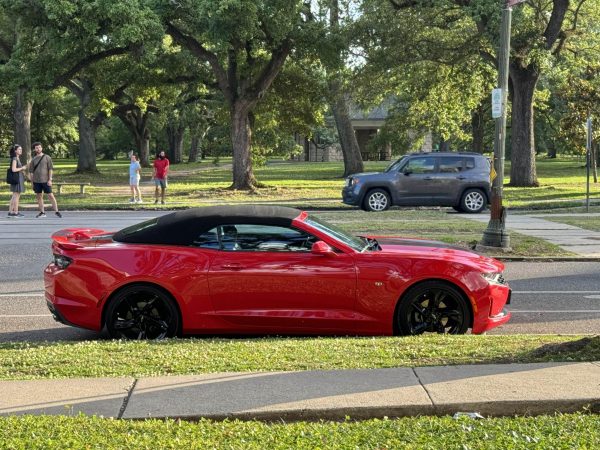
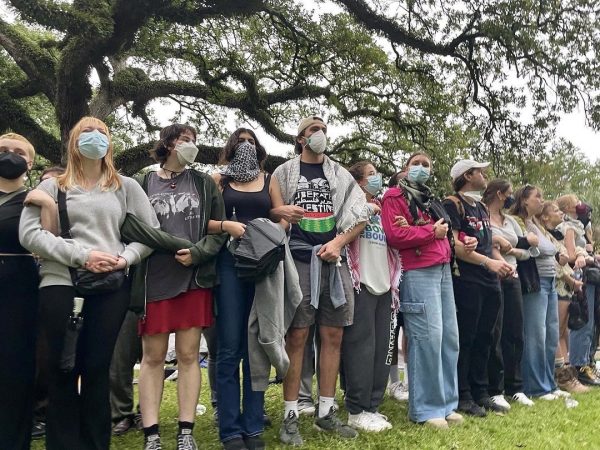
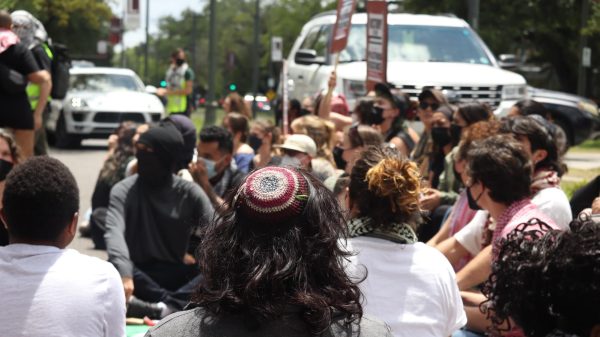

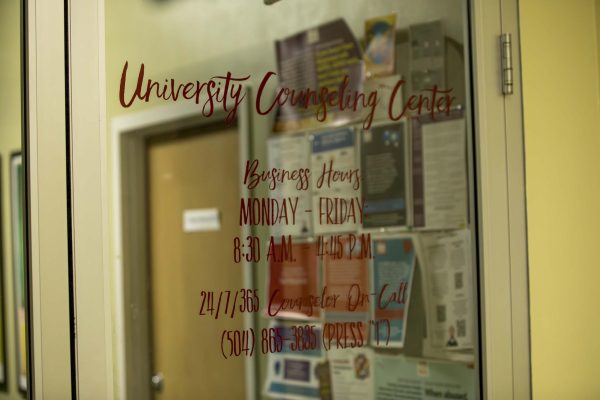
Martha Alguera • Dec 6, 2022 at 10:27 am
Thank you for this article Maleigh, after being a Loyola Staff member for almost 9 years I see everyday how Sodexo and the WFF employees are the real essence of our campus. They serve our food, clean the classrooms and our offices and are often under valued and UNDER paid. I agree Sodexo, WFF, and Loyola (especially as a Jesuit, social justice University) needs to to do MUCH better. Those employees also have families, needs, and I’m sure would love to take a vacation once in a while-something that is nearly impossible to do on that income. I also applaud you and your valiant effort to maintain school and work. I personally understand that struggle all too well. If you ever need a break or a quite, friendly safe space please come see me on the 3rd floor of the Music/Com building in the Music Industry hallway, 300 F.
Roger MI White • Dec 6, 2022 at 10:18 am
Love this article!
Carson • Dec 6, 2022 at 10:17 am
Powerful article. Sodexo workers need a raise and better working hours!